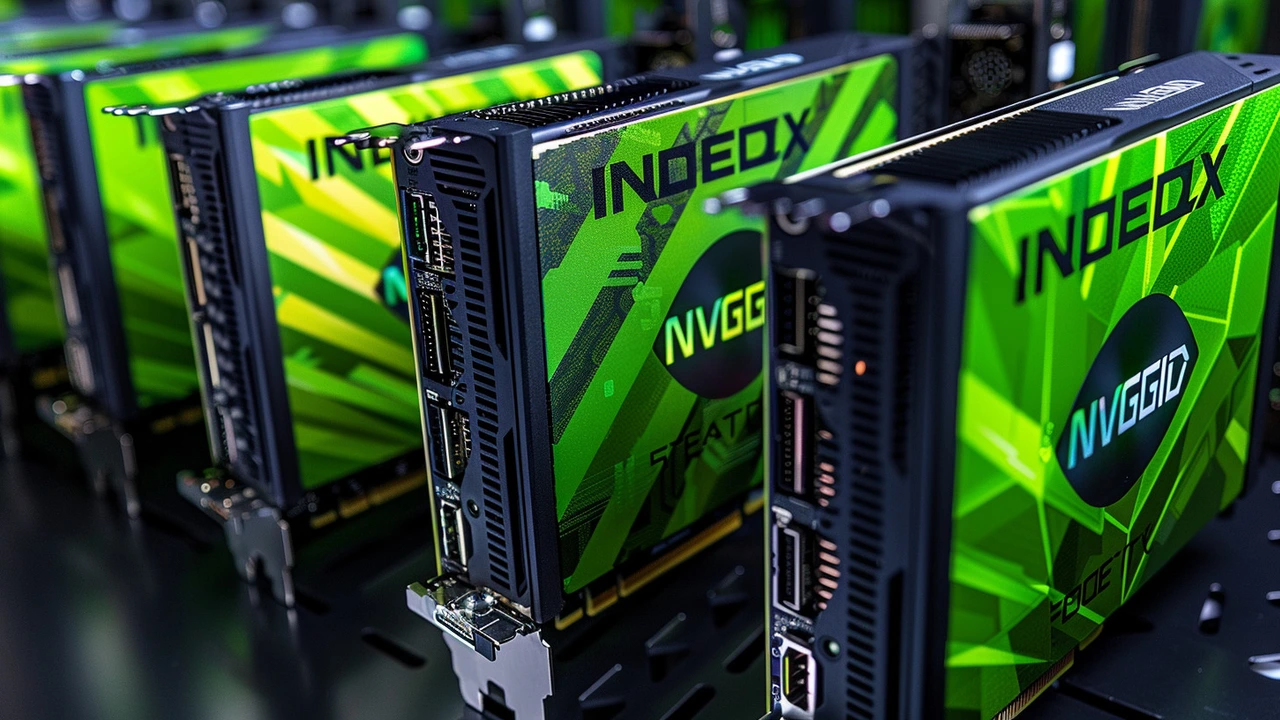Stock Market Basics and How to Follow African Exchanges
Want to get smarter about the stock market without the jargon? Start with the simple idea: a stock is a small share of a company and a market is where people buy and sell those shares. Prices move when new info arrives — earnings, politics, commodity shifts or big global trends. If you read news that could change a company’s future, that’s the stuff that moves markets.
How news moves African stocks
News matters more in markets with lower liquidity. A single policy change or a big mining report can swing share prices fast on exchanges like the Johannesburg Stock Exchange, Nigerian Exchange or Nairobi Securities Exchange. Watch central bank rates, election results, and commodity prices (oil, gold, platinum). Those are the headlines that often translate quickly into price swings.
Use Patio Pulse to spot market-moving stories early. Country-level reports — budgets, trade deals, unrest — often show up here first. When you see a headline, ask: does this change cash flow, taxes, or demand for the company? If yes, it could change the stock price.
Quick checklist before you trade
Set a goal: short-term trade or long-term hold? Your time frame decides the tools you use. For safety, limit any single stock to a small part of your portfolio and prefer ETFs or big-cap names if you’re new. Always check liquidity: thinly traded stocks can be hard to sell without big price moves.
Use stop-loss orders to limit downside and don’t chase a stock after a big jump. Look at basic metrics: revenue trend, profit, debt level and any recent local news. If a company depends on one commodity, track that commodity’s price daily.
Keep taxes and currency in mind. Profits in local currency could shrink if that currency falls against your base currency. Many African markets also have different settlement rules and trading hours, so confirm those with your broker.
Start small. Try a demo account or buy a small ETF that covers multiple African markets. That spreads risk and teaches you how news and earnings affect prices without betting too much capital.
Tools that help: a reliable broker app, market data feeds, and news alerts. Set alerts for key companies and economic releases. Use simple charts to spot trends; you don’t need fancy indicators to see whether a stock is broadly up or down.
Final tip: match news to action. Not every headline needs a trade. Ask whether the news changes fundamentals or just sentiment. If it changes fundamentals, it may be worth reacting. If it only stirs headlines, patience usually pays.
Want the latest African market stories? Bookmark the Patio Pulse stock market tag, subscribe to alerts, and follow country pages for timely, local context that big global feeds sometimes miss.

Nvidia Overtakes Microsoft as World's Most Valuable Company in AI Chip Demand Surge
Keabetswe Monyake Jun 19 13Nvidia has reached a milestone by becoming the world's most valuable company, surpassing Microsoft and Apple, thanks to the soaring demand for AI chips. The company's stock jumped 3.2%, resulting in a market cap of $3.326 trillion. A 10-for-1 stock split has also made shares more attractive to retail investors, propelling Nvidia's market value to new heights.
More Detail